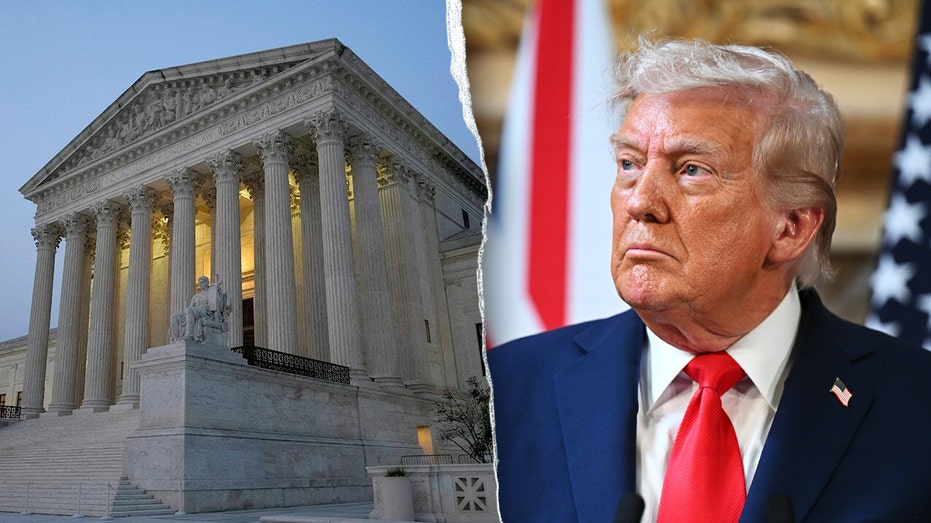A startling prediction has emerged, suggesting the days of personal driving are numbered. Uber’s CEO believes that within two decades, human-driven cars will become a relic of the past, a hobby akin to horseback riding in the modern age.
This isn’t simply about technological advancement; it’s a vision of a future where private car ownership dramatically declines. Instead, a network of ride-sharing services, powered by autonomous vehicles, will dominate transportation, fundamentally reshaping how we move.
The argument centers on safety. The Uber CEO contends that machines, despite current imperfections, will ultimately prove far more reliable than human drivers. He poses a provocative question: as the technology matures, should society even *allow* humans to drive on public roads?

Recent advancements from companies like Tesla and Waymo demonstrate the rapid pace of development in autonomous vehicle technology. However, this progress isn’t without its setbacks and controversies.
A recent multi-million dollar legal judgment against Tesla, linking its Autopilot system to a fatal crash, highlights the real-world risks and legal complexities surrounding self-driving cars. The company vehemently disputes the verdict, promising an appeal.
Even as companies prioritize safety – Waymo, for example, admits to frequently pausing deployments to address concerns – a chilling perspective has emerged. The suggestion that some level of fatality might be an unavoidable “cost of technological progress” raises profound ethical questions.
This shift towards autonomous transportation isn’t just about convenience or efficiency; it’s about control. The prospect of Big Tech companies managing our mobility raises serious concerns about personal freedom and independence.
What happens to the freedom of the open road when your transportation is dictated by algorithms and corporate policies? The future of driving may be automated, but the cost to our individual liberties remains a critical, unanswered question.





